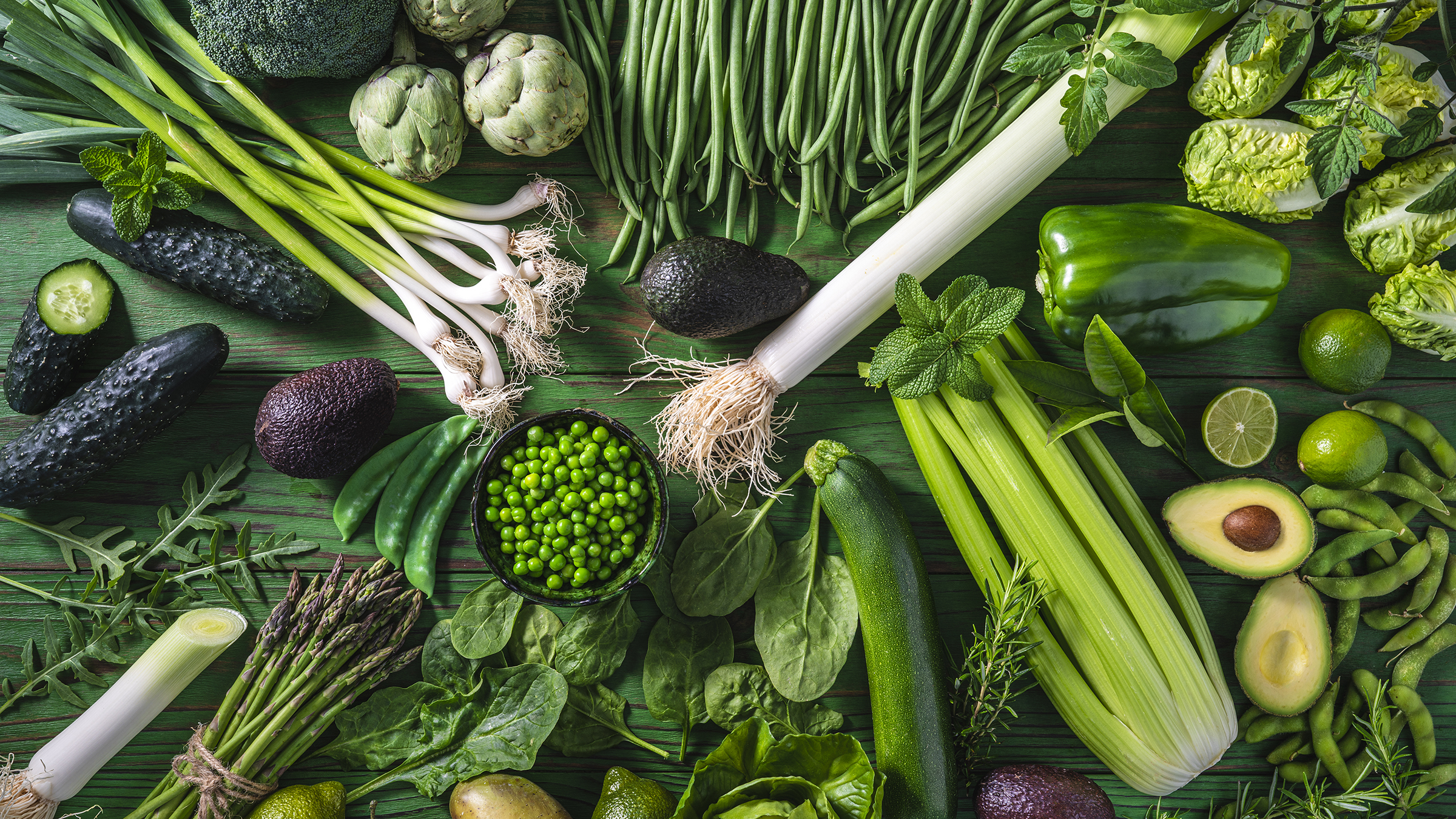
What is folate?
Folate is a B-group vitamin, also called vitamin B9, that your body needs to grow and develop. Folate occurs naturally in food, but is called ‘folic acid’ when it comes in the form of a food additive or supplement. Everyone needs folate, but it’s especially important for pregnant women because a lack of folate can lead to abnormalities in the development of the brain and spinal cord in babies (neural tube defects).
What does folate do?
Your body uses folate to:
- make DNA
- form red blood cells
- grow and repair cells and tissues
It’s particularly important that women get enough folate during pregnancy. In a developing foetus (baby in the womb), folate is needed for growth and the formation of the ‘neural tube’ in weeks 5 and 6 of pregnancy. The neural tube is a layer of cells that goes on to form the brain and spinal cord. If this tube doesn’t fuse properly, it causes a neural tube defect such as spina bifida.
What are good sources of folate?
Unless you need extra folate — such as in the early stages of pregnancy — you can probably get all the folate you need from your diet. Some of the best sources are food products that have had folic acid added to them. This includes many breakfast cereals, bread, fruit juices and Vegemite.
Other good sources of folate (folate is measured in micrograms, ‘µg’, and 1,000,000µg equals 1g)
- green vegetables (e.g. spinach, 131µg per half cup)
- legumes (e.g. black-eyed peas, 105µg per half cup)
- rice (90µg per half cup)
- avocado (59µg per half cup)
- fruit (e.g. a small orange contains 29µg)
- beef liver, braised (215µg per 85g)
How much folate do I need?
Everyone needs folate, but the amount you need changes depending on your age and other factors.
The Australian Government recommends the following intakes of folate:
Children
- 1-3 years — 150µg per day
- 4-8 years — 200µg per day
- 9-13 years — 300µg per day
- 14-17 years — 400µg per day
Adults
- 18 years and older (men, non-pregnant women) — 400µg per day
- Breastfeeding women — 500µg per day
- Pregnant women — 600µg per day
If you are planning on getting pregnant or are in the early stages of pregnancy, it’s best to take a daily folic acid supplement, as well as eat high-folate foods. Aim for a minimum of 400µg of folate per day, for at least one month before and three months after falling pregnant if you can. Some women need more folate, so you should see your doctor for advice.
What happens if I don’t get enough folate?
Folate deficiency (not getting adequate folate) is one of the most common vitamin deficiencies in Australia. The main risks are having a baby with a neural tube defect (if you’re pregnant), and developing a condition called folate deficiency anaemia.
If you have this type of anaemia, your body makes red blood cells that are larger than normal and which don’t work properly. People most at risk include pregnant women, the elderly, people who drink excessive amounts of alcohol, those who take certain medications.
The main symptoms include:
- extreme fatigue
- headaches
- pale skin
- feeling sore inside the mouth
When should I see my doctor?
Folate deficiency can lead to serious problems, so it’s best to see your doctor as soon as possible if you think you could be deficient.
You can have your folate levels checked by having a blood test. If you have folate deficiency, you will probably need to take folic acid tablets for a few months.


